
It might soon be illegal to boil lobsters alive thanks to a government-commissioned study that confirmed crustaceans can feel pain just like us.
metro.co.uk/2021/11/22/boi…
metro.co.uk/2021/11/22/boi…
The research done by the @LSEnews found that there was strong scientific evidence that these animals have the capacity to experience pain, distress or harm.
This means that they will be recognised as sentient beings in the upcoming Animal Welfare (Sentience) Bill.
This means that they will be recognised as sentient beings in the upcoming Animal Welfare (Sentience) Bill.
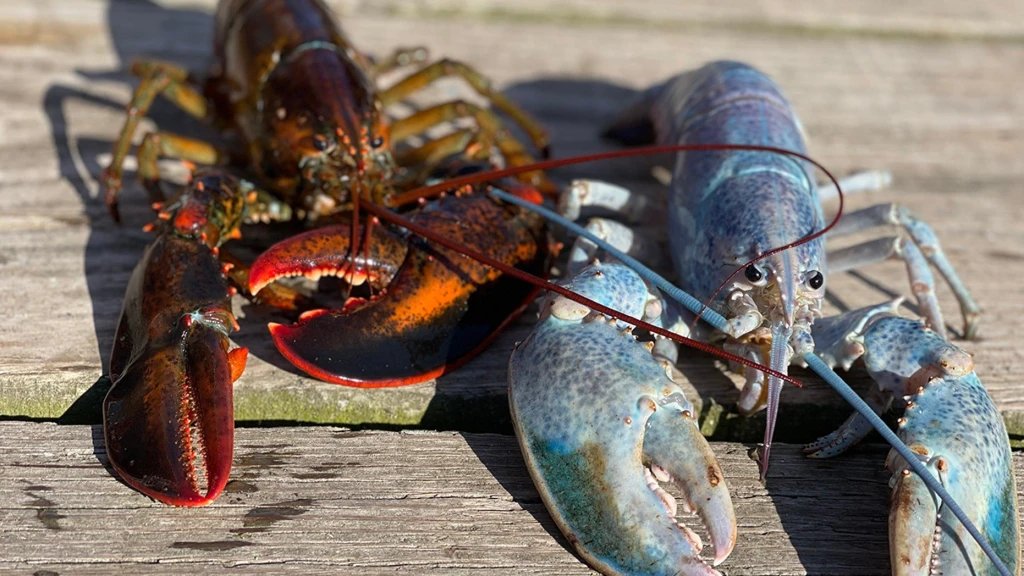
‘The science is now clear that decapods and cephalopods can feel pain and therefore it is only right they are covered by this vital piece of legislation,’ said Animal welfare minister, @ZacGoldsmith
Up until now, decapod crustaceans – including crabs, lobsters and crayfish – and cephalopods- including octopuses, squid and cuttlefish – have been excluded from the Bill.
This was despite the animals having complex central nervous systems, one of the key hallmarks of sentience.
This was despite the animals having complex central nervous systems, one of the key hallmarks of sentience.
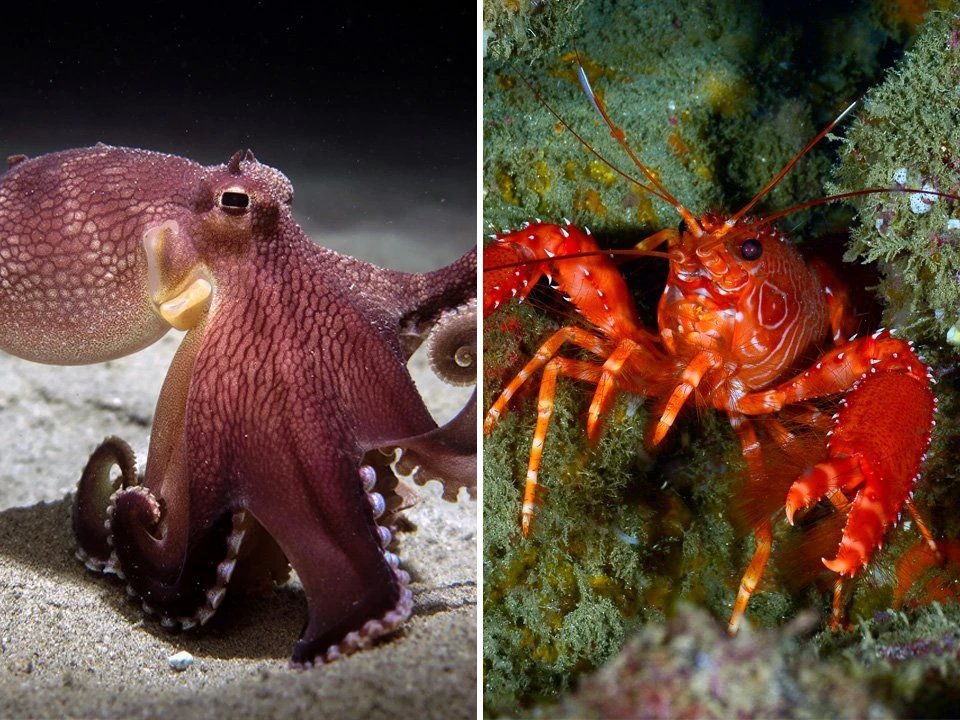
‘After reviewing over 300 scientific studies, we concluded that cephalopod molluscs and decapod crustaceans should be regarded as sentient, and should therefore be included within the scope of animal welfare law,’ said Dr Jonathan Birch, associate professor at @LSEPhilosophy 
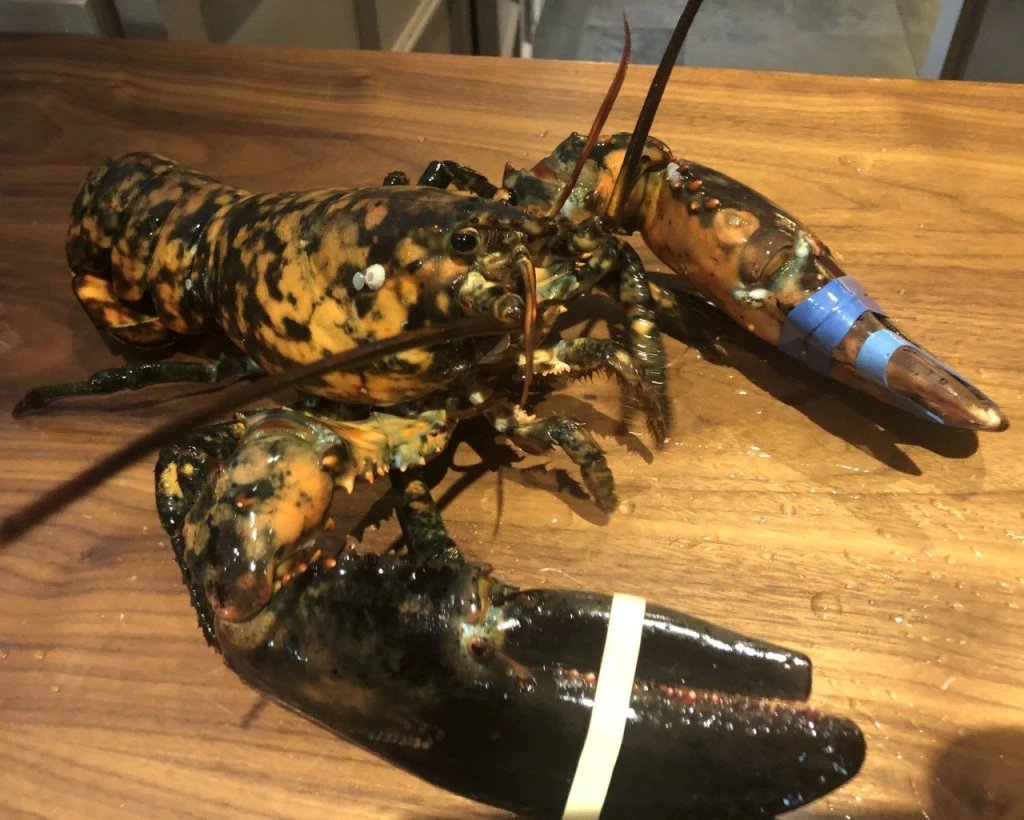
Following the findings for this study, the Department for Environment, Food and Rural Affairs (Defra) will table an amendment to the Bill as it moves through Parliament, to recognise the change. 

‘The amendment will also help remove a major inconsistency: octopuses and other cephalopods have been protected in science for years, but have not received any protection outside science until now,’ added Birch. 

The UK is set to take the lead on animal welfare by protecting these invertebrate animals that humans have often completely disregarded.
The report also recommended against extreme slaughter methods such as live boiling without stunning.
The report also recommended against extreme slaughter methods such as live boiling without stunning.
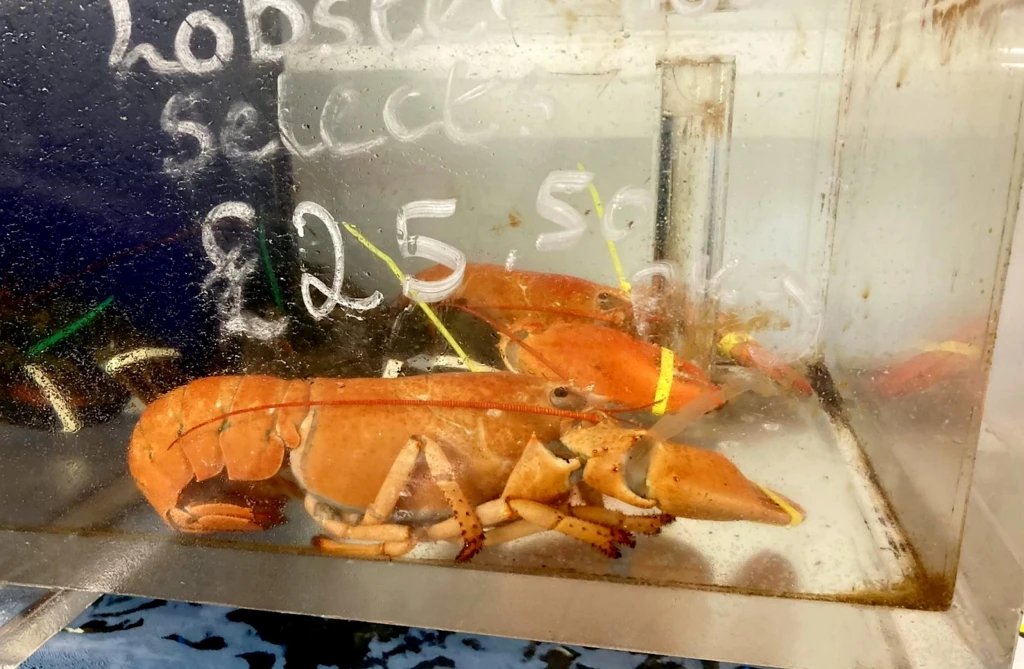
The new law ‘will not affect any existing legislation or industry practices such as fishing,’ according to Defra.
‘There will be no direct impact on the shellfish catching or restaurant industry. It is designed to ensure welfare is well considered in future decision-making,’
‘There will be no direct impact on the shellfish catching or restaurant industry. It is designed to ensure welfare is well considered in future decision-making,’

Once it becomes law, the Bill will bring about the creation of an Animal Sentience Committee, which will publish reports on how well government decisions have taken into account the welfare of sentient animals, with ministers needing to respond to Parliament. 
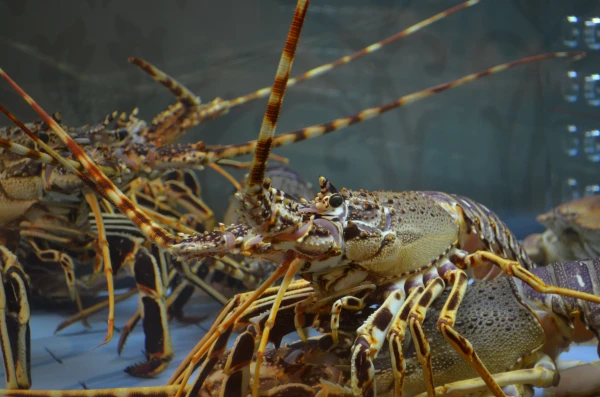
• • •
Missing some Tweet in this thread? You can try to
force a refresh









